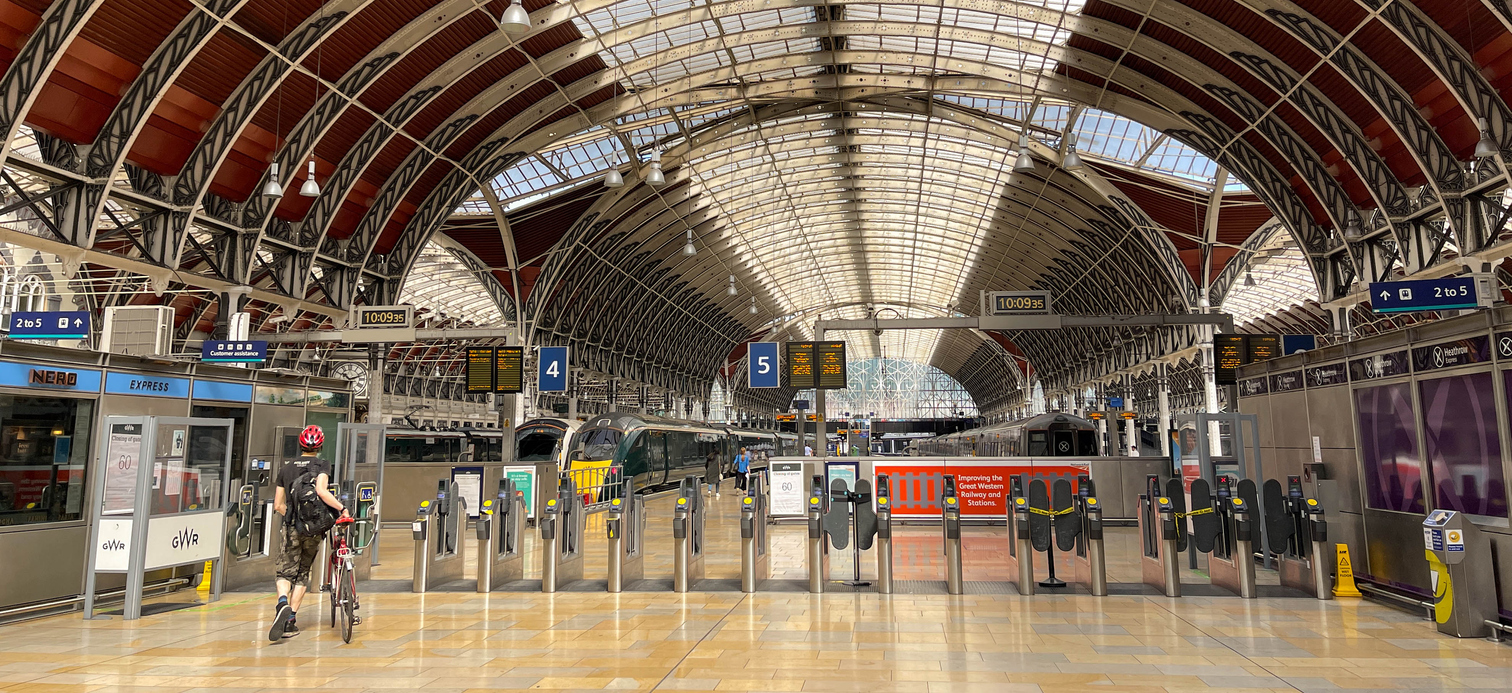Those travelling to the Eurovision Song Contest and the FA Cup Final by rail could find their trains cancelled by a series of strikes, after the main rail union, the RMT, and the train drivers’ union, ASLEF, called more walk-outs in May and June.
Staff will stop work at more than a dozen train operators, including all the key long-distance and commuter rail firms, on Friday 12 May, Wednesday 31 May and Saturday 3 June.
Those companies set to be affected include TransPennine Express, Northern, Avanti, East Midlands Railway, Thameslink and Southern.
The rail minister Huw Merriman this morning told Sky News that it is likely rail strikes were planned to “deliberately” disrupt Eurovision and the FA Cup final.


However, he stressed that “contingencies are in place” to help people reach the Eurovision Song Contest in Liverpool on Saturday, such as buses.
Wes Streeting, the shadow health secretary, also told the programme that the government’s actions around resolving strike action are “negligent”.
He that said he was unable to get to the Eurovision Song Contest himself due to strikes today and tomorrow, but added: “there isn’t really an ideal day” for industrial action.
Mr Streeting said: “People are absolutely desperate about the cost of living. It’s not that people are going out for significant game changing pay rises. They’re going out to keep their pay up with their bills rising.”
He went on to say that the government makes the same mistakes “again and again” in relation to solving industrial disputes.
“It’s a miserable situation for everyone involved, and the transport secretary hasn’t met with unions since before Christmas”, he added.
Since June 2022, rail strikes have hit the industry with unions and the government in a tangle of disputes about pay, job security and working arrangements.
Commenting on the newly-announced action, ASLEF general secretary Mick Whelan said: “We do not want to go on strike – we do not want to inconvenience passengers, we have families and friends who use the railway too, and we believe in investing in rail for the future of this country.
“But the blame for this action lies, fairly and squarely, at the feet of the employers who have forced our hand over this by their intransigence.
“It is now up to them to come up with a more sensible, and realistic, offer and we ask the government not to hinder this process.”
ASLEF rejected the Rail Delivery Group’s latest pay offer of a 4% pay rise for last year, dependent on accepting conditions such as changes to make training faster, and a 4% pay increase for this year, dependent on further changes being agreed locally.
The union called the terms “risible and obviously unacceptable”.
Mick Lynch, the RMT general secretary said: “Throughout this dispute – which has gone on for over a year – the government has tied the hands of the railway companies and prevented them offering a fair deal.
“We are striking so that the employers and government can see the huge anger amongst rail workers is very real and they need to recognise that fact, face reality and make improved proposals”.
The RMT’s committee has rejected the train companies’ latest offer, including a 5% pay rise one year and 4% the next.












